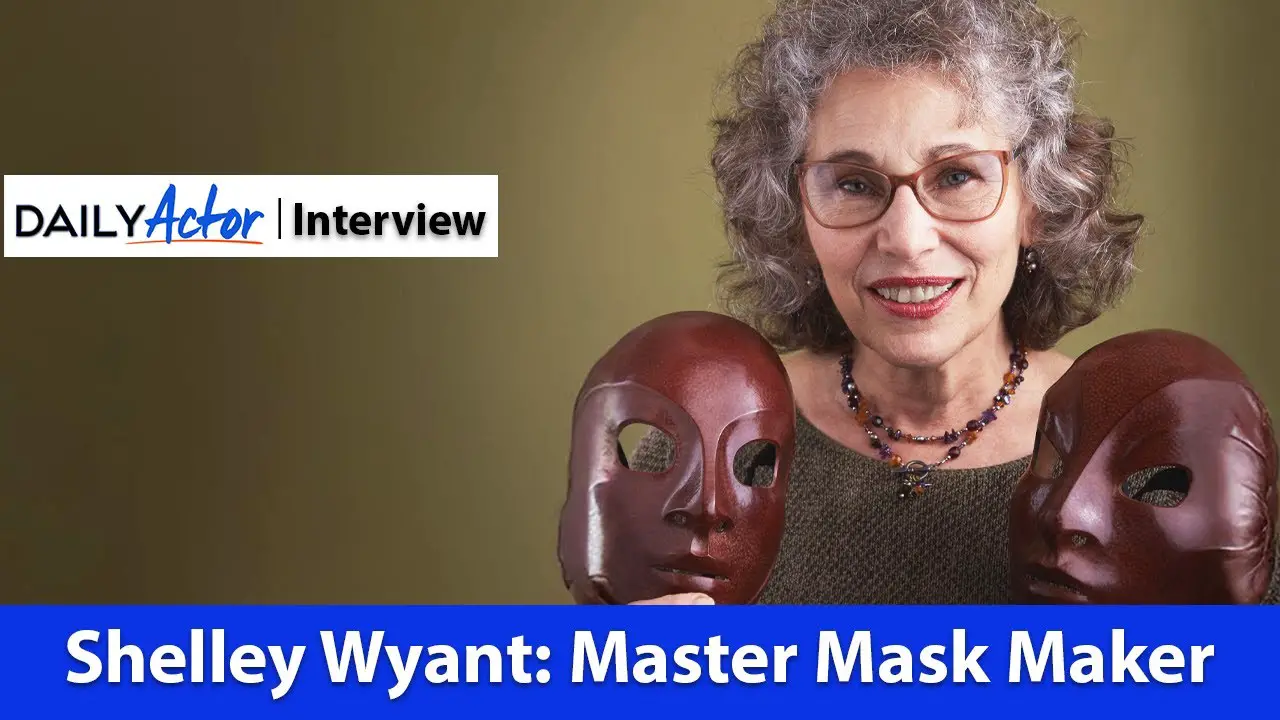Shelley WyantA master mask maker with over forty years of experience, she has spent much of her career exploring the transformative power of masks in performance. White’s unique approach to masks has influenced her teaching, acting, and directing, making her a respected figure in theater and education circles. Through her work, she emphasizes how masks allow actors to transcend personal boundaries and unlock new dimensions of creativity and self-expression.
At the heart of Wyant’s philosophy is the belief that masks are more than just tools for performance; They are the gateway to deeper personal transformation. Whether mentoring students at the Terry Knickerbocker Studio or directing a production, Wyant’s passion for mask work permeates everything she does. She encourages actors to use masks to discover new aspects of their characters, helping them transcend their own limitations. This interview has been edited for length and clarity
I remember taking a class in college about masks. I enjoyed it, but as far as I remember, once the course was over, that was it. I kind of wish we could use it more.
Shelley Wyant: I’ve worked at a number of agencies for about 10 years, including now Terry Knickerbocker Studios, and I’ve always felt that there’s a neutral mask and a character mask and they’re two separate things, and I’ve always felt that in the last year of this process , it would be wonderful to have a little touchstone to get back to work.
My kids, when they play, they put on a mask and maybe a costume or something and you can see them transform in an instant. I feel like as we get older that obviously doesn’t happen anymore or we get stuck in our own heads. Just like putting on a hat or something, you immediately feel like a different person. Is this how you help actors?
Shelley Wyant: That’s right, Lance. We write a lot of journals in class. After the exercises, I post them in their journals and we share. This is part of the overall class structure; we do exercises, journal, and then share.
From this process, you take ownership. You own the experience and the information you gain from the experience. Ultimately, I want it to become a part of you and you can incorporate it into everything you do.
What I tell my students is that you put on a mask, and you can put on a mask in your imagination and be that peaceful, wonderful person you find yourself in when you need to be. If you need it, you call it; you let it be with you.
I know you’ve directed a lot of stuff as well.
Shelley Wyant: I do. I say this very passionately because I’m a little surprised that this happened. I gave up all these jobs, three jobs, three pretty heavyweight, important, ancient, temporal jobs. My husband’s father passed away and he said I didn’t have to work. I thought, “Okay, great. Bye! Because they were really driving me crazy. And then I started getting directing jobs, and it was one after another, after another.
wattWhen you’re directing, obviously you can’t use masks in everything you do, but does your mask work spill over into your directing work?
Shelley Wyant: It nourishes everything I do. It nourishes everything I do. It enriches this conversation. It enriched my dinner conversations. It’s something I’ve done for a long time and I’m very grateful. That’s it. I am deeply grateful for the opportunity to share this work and do my best to do it with dignity and grace.
For more information about Shelley Wyant and her classes at Terry Knickerbocker Studio, click here.

